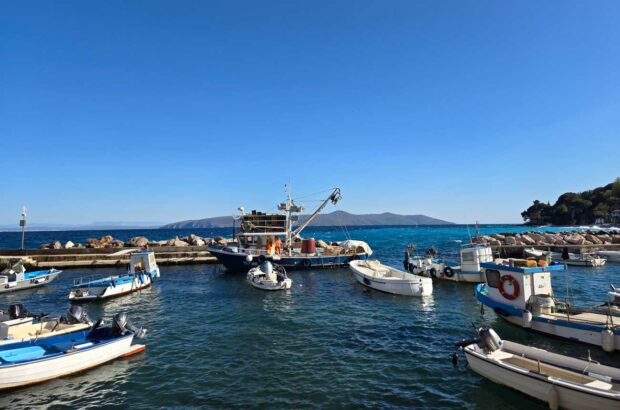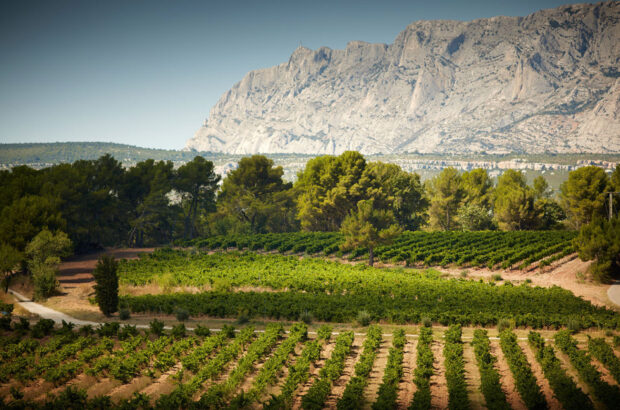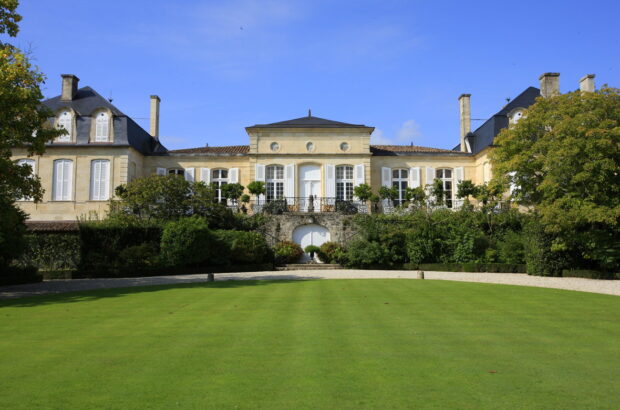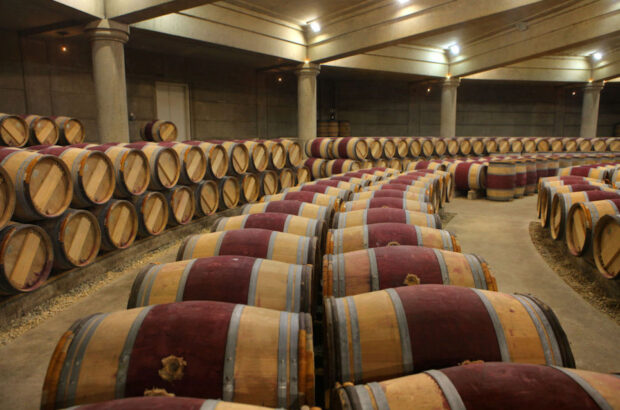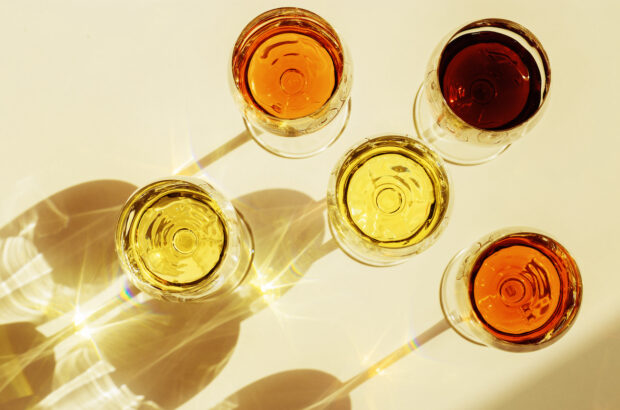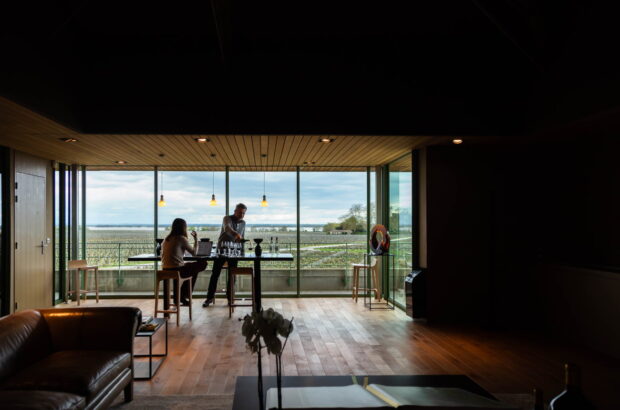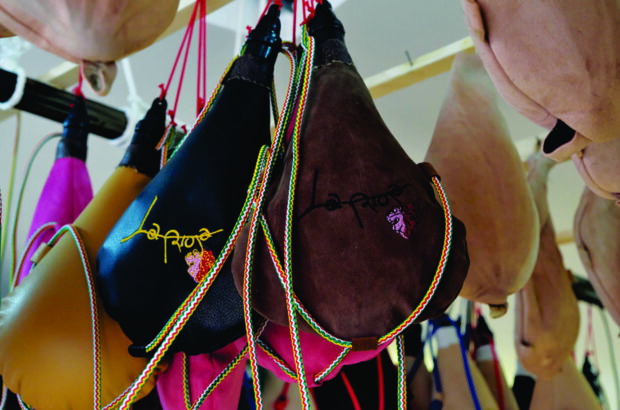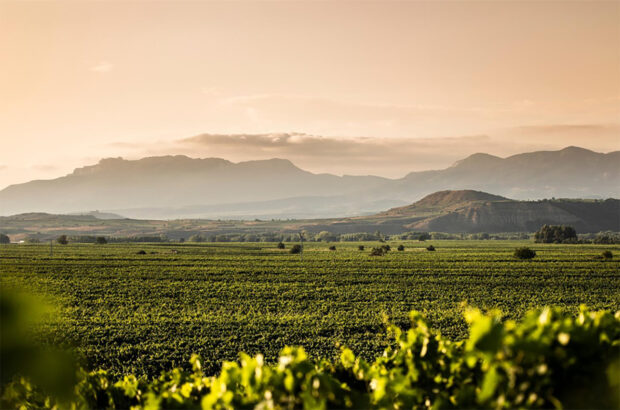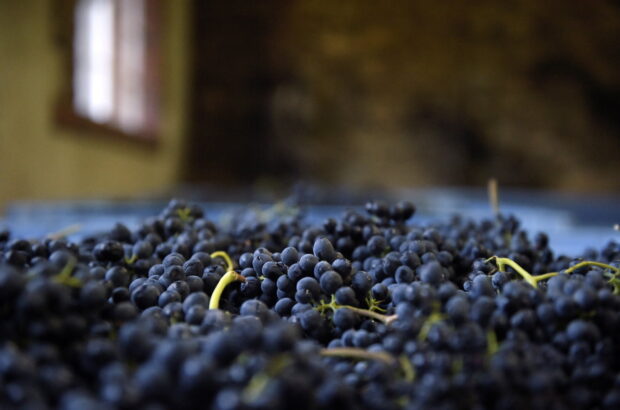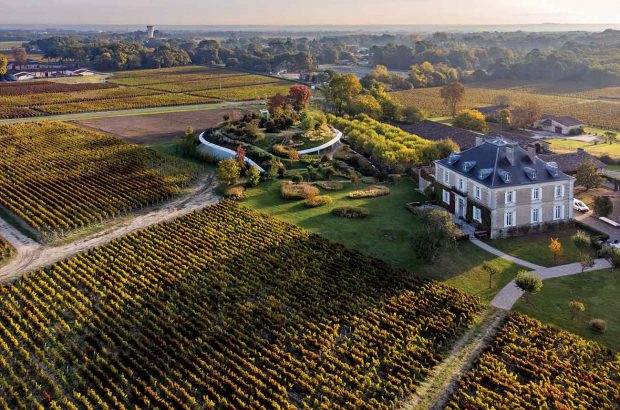We’re at the cusp of the year – and the decade. What lies ahead for the wine world? Conceptual trouble, first of all, in assuming that ‘the wine world’ is somehow separate from other worlds as a happy little pleasure bubble of its own. Perhaps this was once true in the politically dull, climatically quiet times in which the older readers (and writers) of this magazine grew up. That’s finished. During the next decade, all worlds collide – as the unruly politics of an age of populism crash haplessly into a force greater than any of us.
We don’t yet know how climate change and the Holocene (or Anthropocene) extinction episode will affect the lives we have become used to living, but a series of sharp shocks seems likely. Perhaps those shocks will be salutary. Perhaps nations will act together to undertake the comprehensive decarbonisation of the global economy which is humankind’s only chance. If we don’t, if we fight and squabble over resources, borders and ‘lifestyles’, we’re finished.
For wine drinkers, this is much bigger than wondering whether Arinarnoa should be planted in Blaye, whether Sussex is poised to become the new Champagne, whether or not Australia’s Murray-Darling basin will run out of water just as the vineyards of Châteaux Montrose, Latour and Ducru Beaucaillou slide under the rising tides of the Gironde. These are not merely possibilities but probabilities, though they are some decades off.
The next decade is about whether these probabilities become certainties, and about whether any of it matters anyway. Nothing is assured in a world of environmental conflict, not even the lights staying on. We are, as Greta Thunberg (and the world’s environmental scientists) point out, ‘facing an existential crisis’. In an existential crisis, wine – any wine – may come to seem like one of the luxuries of a lost and delusional age.
Given this sobering perspective, the most significant sample I received all year was a bottle of Brisa, Tempranillo 2018 from Cariñena in Spain. I didn’t like the luridly flavoured wine much – but the bottle, designed and produced by a company called Garçon Wines, excited: it weighs just 63g (87% lighter than a glass bottle), and was made using eight times less energy than glass. It’s made of pre-existing recycled PET plastic in a part-solar-powered factory; it’s 100% recyclable. I’ve kept the bottle, for three reasons. One is that it’s flat, so takes much less space in our small fridge; I now decant unfinished wines into it for storage. Secondly, it looks great. Thirdly, it gives me hope.
The existing carbon footprint of wine is unsustainable, assuming you’re not living in a wine-producing area and filling your own jugs from a tank at your local cooperative. Glass production and wine transport account for 68% of wine’s carbon footprint: it is in these areas that decarbonisation is most urgent. No single action would make more difference in the wine world than the swift adoption of bottles like this for every wine designed to be drunk on purchase (most wine, in other words), assuming strict recycling disciplines are followed.
I remain conflicted as we move into the next decade, since the life of anyone involved in writing about wine is unsustainable, too. Wine writers are required to be almost as hypermobile as airline cabin crew, and it is hard to see how this can be mitigated; you can’t report, taste and show from behind a desk alone. The shocking beauty of wine is testament to nature’s grandeur and fragility; winemakers steward wine into being, but it’s nature that undertakes the work of creation, and leaves wine palpably engraved by place, and by the faintest of seasonal pulses.
Through the carbon pollution my work entails, I’m compromising any chance that my children will continue to enjoy this beauty in the way that I have. This is a serious charge for a decade which will require responsibility – and change – from us all.
See also: Climate change and wine – time to act
This column was first published in the January 2020 issue of Decanter.



